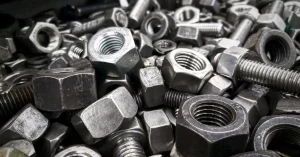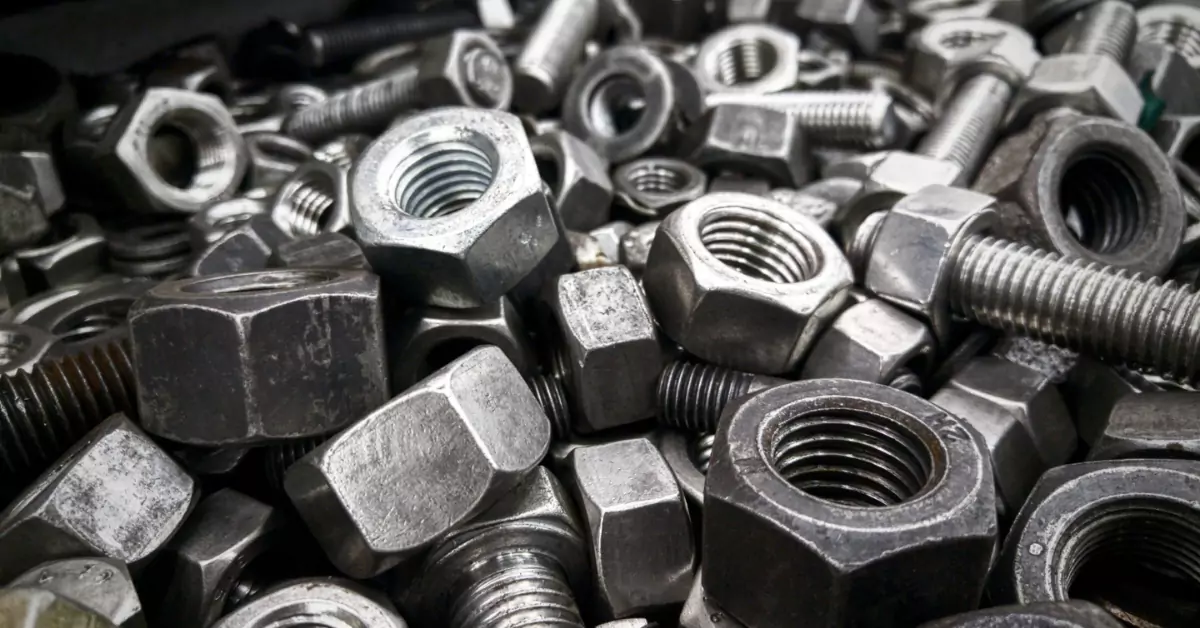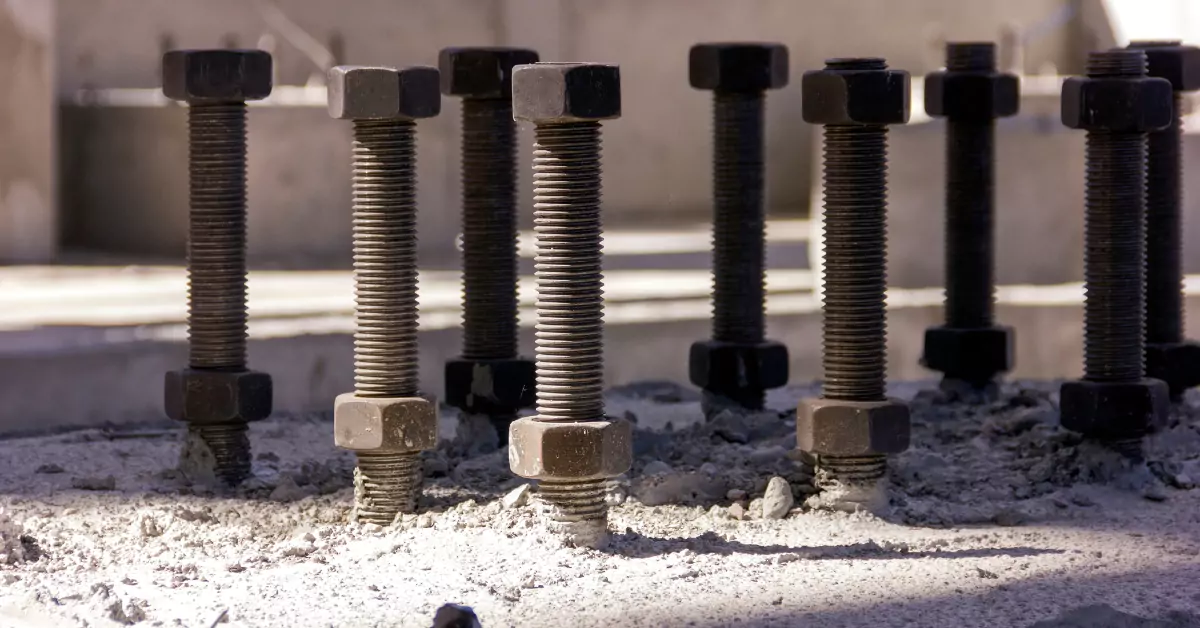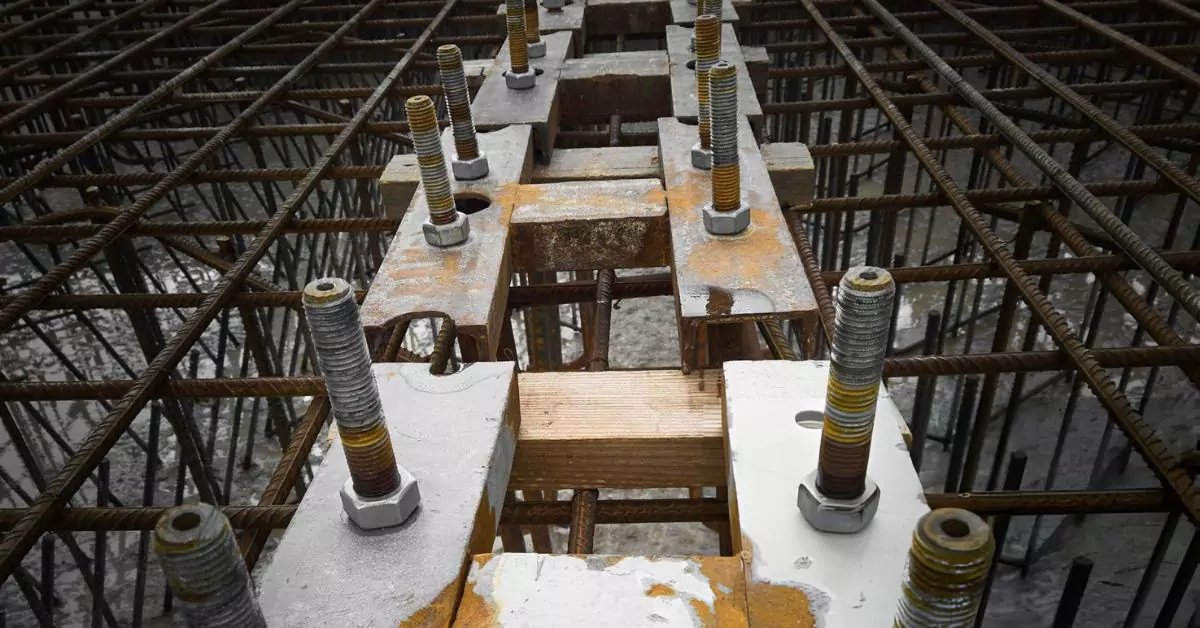The Complete Guide to Nut and Bolt
In many industries – from manufacturing to construction – nut and bolt play a vital role in fastening. You can choose the best fastener by understanding the various types of nut and bolt available. This article will discuss the various types of nut and bolt, as well as their applications and key considerations when choosing them.
Nut and Bolt: what are they?
nut and bolt are mechanical fasteners that hold materials or objects together. Bolts are usually hexagonal in shape and have a shaft threaded with hexagons. Nuts, on the other hand, feature an internal thread to fit the bolt. Both components are used to form a strong connection. Nuts complement bolts, which are used in heavy duty applications. They provide a locking mechanism while also allowing for flexibility when selecting fasteners.
Nut Types
Hex Nuts: Hex Nuts are commonly used in a wide range of applications. They are usually made of stainless steel, but can also be carbon steel. They are easily tightened with a simple wrench due to their design.
Lock Nuts: Lock Nuts are designed to stop loosening when there is vibration or movement. These lock nuts come in many different forms. For example, nylon insert locks are available with a small nylon ring to keep the nut tight.
Wing Nuts: Wing Nuts are hand-tighten able, which makes them perfect for frequent adjustments. These nuts are used for plumbing, electrical, and furniture assembly.
Coupling Nuts: are used for joining two threaded rods or bolts. These nuts are usually longer than normal nuts, and come in hexagonal or round shapes.
Types of Bolts
Hex Bolts: Hex Bolts Hex Bolts are widely used due to their simplicity and effectiveness. These bolts have a hexagonal head, and they can be used in conjunction with matching nuts to secure materials. Bolts like these are used for construction, machinery and other assembly.
Carriage Bolts: The carriage bolt has a square-shaped neck and a smooth-rounded head. This prevents the bolt from rotating. They are ideal for wooden applications such as decking or beams.
Machine Bolts: Machine Bolts have a thread that is finer than hex screws. They are very similar to hex screws. These bolts are used to hold parts securely in equipment and machinery. For added security, they are usually paired up with nuts and washers.
Lag Bolts: Also known as lag screw, large heavy duty bolts are used to fasten wood and metal together. They are perfect for any application that requires a permanent, strong connection.
What to consider when choosing nuts and bolts?
Material is an important factor to take into consideration. Materials such as stainless steel and carbon steel are common. Carbon steel, on the other hand, is used to make high-strength products.
For a solid connection, the thread types of nut and bolt must match. There are three common thread types: coarse threads (also called metric threads), fine threads and metric. Select the correct type depending on what you’re working with, and how strong it needs to be.
Length and Size: The length and size of the bolt and nut are important for the proper fit. Measure the pieces you are joining, and select the right length.
Applications: Different nut and bolt have different applications. Choose the correct type of fastener for your application, whether it is heavy machinery, home or construction use.
It is important to understand the different types of fasteners available before selecting them for your project. To ensure that you select the best option, consider the size, material, type of thread, and the application. E S HAJI & CO. offers a variety of nut and bolt that are designed to fit your needs. We have fasteners that are suitable for any project, whether it’s a building or machinery assembly.
types of nut and bolt

Learn about different types of nuts and bolts, their uses, and how to choose the right one.
Product Currency: INR
Product In-Stock: InStock
5




